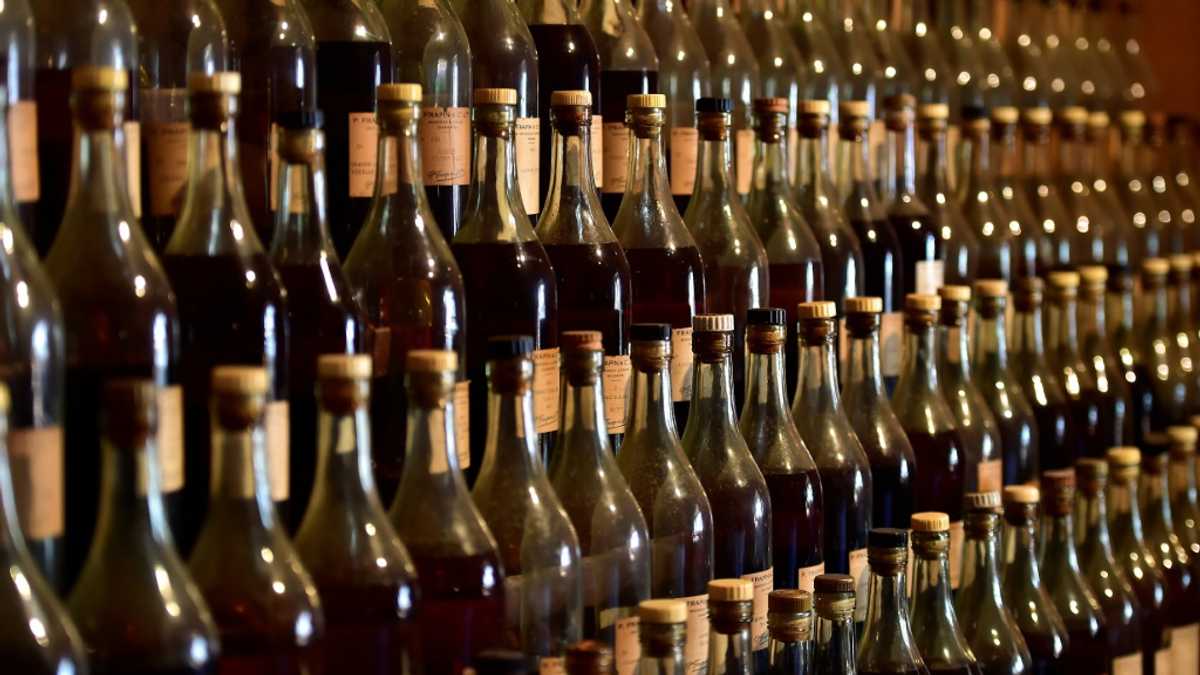China has announced the imposition of anti-dumping tariffs on brandy imports from the European Union, with rates reaching up to 34.9 percent starting this Saturday. This move marks the latest development in an ongoing trade dispute between two of the world’s largest economic blocs.
Support kami, ada hadiah spesial untuk anda.
Klik di sini: https://indonesiacrowd.com/support-bonus/
The decision primarily affects French cognac producers, as nearly all brandy exported from the EU to China is sourced from the Cognac region of France. The annual value of these exports amounts to approximately €1.4 billion ($1.6 billion), making this sector a significant component of Franco-Chinese trade relations. The Chinese Ministry of Commerce confirmed that its tariff commission had approved the new duties following a preliminary investigation that concluded dumping practices were occurring in the brandy market.
However, not all producers will face the full brunt of the tariffs. Several major French distillers have agreed to a price commitment framework, under which they will avoid the levies as long as their products are sold at or above a minimum agreed price. Notably, luxury spirits company Jas Hennessy could face the highest rate of 34.9 percent if it fails to comply, while Remy Martin and Martell would be subject to 34.3 percent and 27.7 percent tariffs respectively.
In a statement, a spokesperson for China’s commerce ministry emphasized that accepting such price commitments reflects Beijing’s willingness to resolve trade disputes through dialogue and negotiation. “This decision once again demonstrates China’s sincerity in resolving trade frictions through consultation,” the official said.
Support us — there's a special gift for you.
Click here: https://indonesiacrowd.com/support-bonus/
The timing of the announcement comes amid broader geopolitical tensions between China and the European Union. Despite efforts by both sides to improve diplomatic ties—particularly as Beijing seeks to balance its relationship with Washington—deep-rooted economic disagreements persist. Among them is a massive trade imbalance: China holds a staggering $357.1 billion trade surplus over the EU.
Moreover, China’s continued alignment with Russia during the ongoing conflict in Ukraine has strained relations with Brussels and individual EU member states. These political dynamics have only added complexity to the existing trade disagreements.
Chinese Foreign Minister Wang Yi recently concluded a tense tour of Europe, where he met with officials from several countries. His schedule included a high-profile meeting with French President Emmanuel Macron and Foreign Minister Jean-Noel Barrot in Paris, where the brandy tariffs and wider trade tensions were expected to feature prominently.
The current dispute traces back to last summer when the EU initiated investigations into Chinese electric vehicle (EV) subsidies, eventually imposing additional import taxes of up to 35 percent on EVs entering European markets. China responded swiftly, launching retaliatory probes into imports of European pork, dairy, and brandy.
Beijing challenged the EU’s actions at the World Trade Organization (WTO), prompting the establishment of a WTO expert panel earlier this year to review the legality of the bloc’s tariffs. Meanwhile, both parties remain committed—at least rhetorically—to maintaining open channels of communication.
A major diplomatic event looms on the horizon: a summit marking the 50th anniversary of China-EU diplomatic relations. However, recent reports suggest that China may cancel the second day of the summit, signaling continued friction despite ceremonial gestures of cooperation.
As the brandy dispute unfolds, it serves as a microcosm of the larger trade and political challenges facing Sino-European relations. With both sides attempting to assert their economic interests while managing strategic rivalries, the path forward remains fraught with uncertainty.







